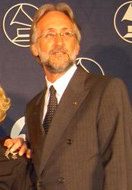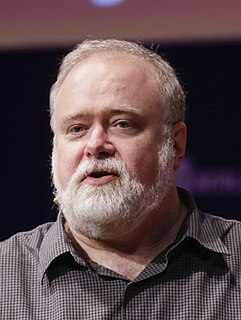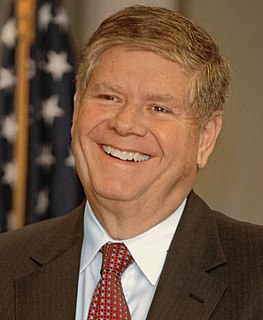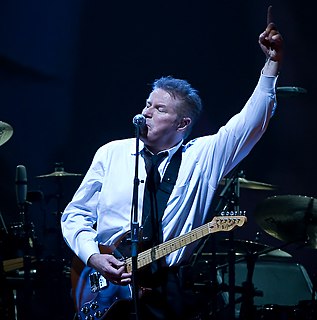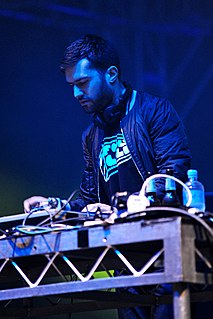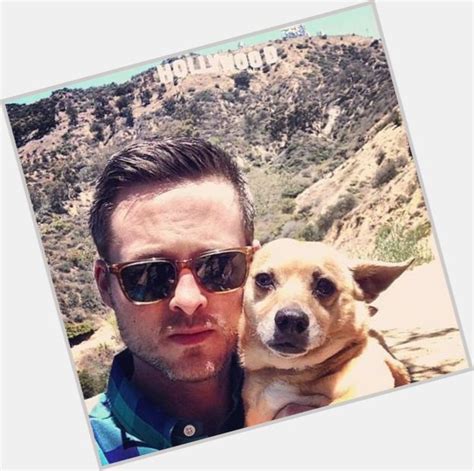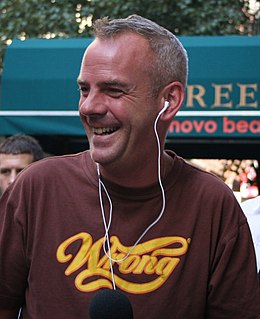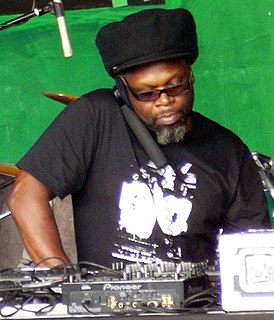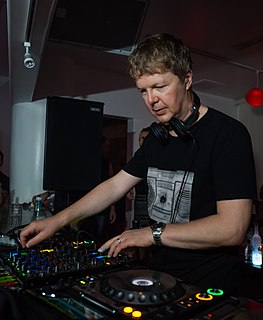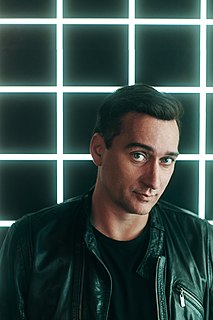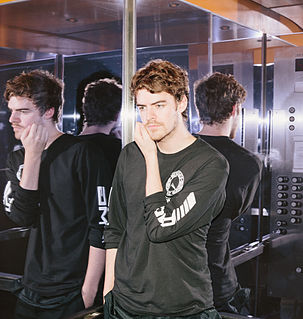A Quote by Jeff Mills
I support copyright. I mean it is intellectual property, it is the thought process of someone and those things should always be protected.
Related Quotes
I think intellectual property is more like land, and copyright violation is more like trespass. Even though you don't take anything away from the landowner when you trespass, most people understand and respect the laws that make it illegal. The real crime in copyright violation is not the making of the copies, it's the expropriation of the creator's right to control the creation.
One ideological claim is that private property is theft, that the natural product of the existence of property is evil, and that private ownership therefore should not exist... What those who feel this way don't realize is that property is a notion that has to do with control - that property is a system for the disposal of power. The absence of property almost always means the concentration of power in the state.
Anyone who knows anything should know you cannot take a master track of a recording and write another song over the top of it. You just can't do that. You can call it a tribute or whatever you want to call it, but it's against the law. That's a problem with some of the younger generation, they don't understand the concept of intellectual property and copyright.
Under the 1998 Digital Millennium Copyright Act, Tumblr, YouTube, Reddit, WordPress, and Facebook aren't responsible for the copyright infringement of each of their millions of users, so long as they take down specific posts, videos, or images when notified by copyright holders. But copyright holders thought that wasn't good enough.
We must speak first about the division of land and about those who cultivate it: who should they be and what kind of person? We do not agree with those who have said that property should be communally owned, but we do believe that there should be a friendly arrangement for its common use, and that none of the citizens should be without means of support.
The alternative to intellectual property is straightforward: intellectual products should not be owned, as in the case of everyday language. That means not owned by individuals, corporations, governments, or the community as common property. It means that ideas are available to be used by anyone who wants to.
Monopolies are not justified by theory; they should be permitted only when justified by facts. If there is no solid basis for extending a certain monopoly protection, then we should not extend that protection. This does not mean that every copyright must prove its value initially. That would be a far too cumbersome system of control. But it does mean that every system or category of copyright or patent should prove its worth. Before the monopoly should be permitted, there must be reason to believe it will do some good -- for society, and not just for monopoly holders.




